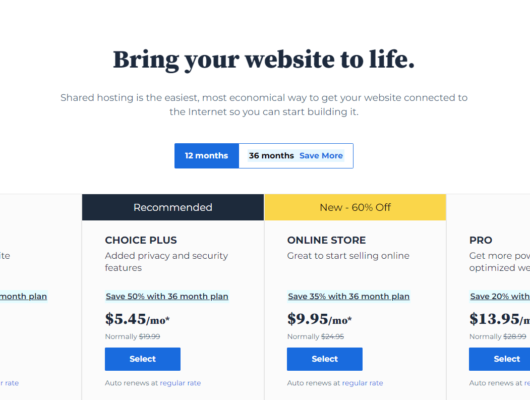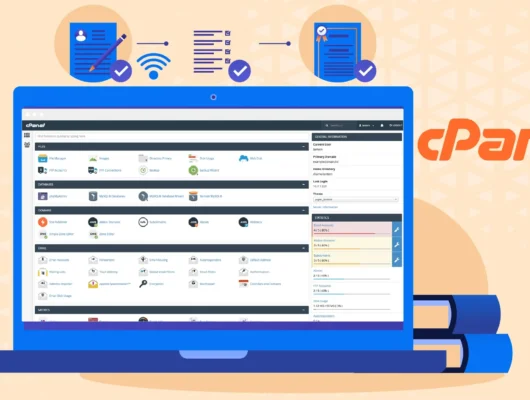In the vast landscape of web hosting, the allure of free hosting services is undeniable. For individuals and small businesses on a budget, the idea of hosting a website without any upfront costs can be tempting.
However, before diving into the realm of free web hosting, it’s essential to weigh the pros and cons. This article explores the advantages and limitations of free web hosting to help users make informed decisions about their online presence.
Pros of Free Web Hosting:
- Cost-Free Accessibility: The most obvious advantage of free web hosting is the absence of upfront costs. This makes it an attractive option for individuals, hobbyists, or small businesses with limited budgets who want to establish an online presence without financial commitments.
- Quick and Easy Setup: Free hosting services often come with user-friendly interfaces and straightforward setup processes. This allows users, especially beginners, to quickly launch a website without the need for extensive technical knowledge or complex configurations.
- Learning and Testing: For those new to website development, free hosting provides an opportunity to experiment, learn, and test various aspects of web design and functionality. It serves as a playground for users to familiarize themselves with the basics of hosting and website management.
- Suitable for Personal Projects: Free web hosting can be a suitable choice for personal projects, blogs, or non-critical websites where uptime and performance may not be paramount. Individuals looking to share personal content or portfolios may find free hosting adequate for their needs.
Cons of Free Web Hosting:
- Limited Resources and Features: Free hosting services typically come with limitations on resources such as storage, bandwidth, and processing power. This can impact the website’s performance, especially as it grows or experiences increased traffic.
- Subdomain and Branding: Free hosting providers often assign subdomains to hosted websites, incorporating the provider’s name into the URL. This can detract from a professional appearance and may not be suitable for businesses or individuals seeking a unique and branded online identity.
- Ads and Monetization Restrictions: To compensate for the free services, many hosting providers display ads on websites hosted for free. Additionally, some free hosting services may impose restrictions on monetization options, limiting the ability to generate revenue through advertisements or e-commerce.
- Limited Support and Security: Free hosting services generally offer minimal customer support compared to paid alternatives. Additionally, security measures may be less robust, leaving websites vulnerable to potential threats. This lack of support and security features can be a significant drawback, especially for business-critical websites.
- Unpredictable Service Reliability: Free hosting services may not guarantee the same level of uptime and reliability as paid hosting providers. Downtime and slower loading times may be more common, impacting the user experience and potentially affecting search engine rankings.
Read more about Reliable hosting services…
Conclusion
In the realm of web hosting, free hosting services present a viable entry point for those with limited budgets or specific needs.
However, it’s crucial to consider the trade-offs, including resource limitations, branding constraints, and potential drawbacks in support and security.
As users evaluate their hosting options, understanding the pros and cons of free web hosting ensures a more informed decision that aligns with their specific goals and requirements.






